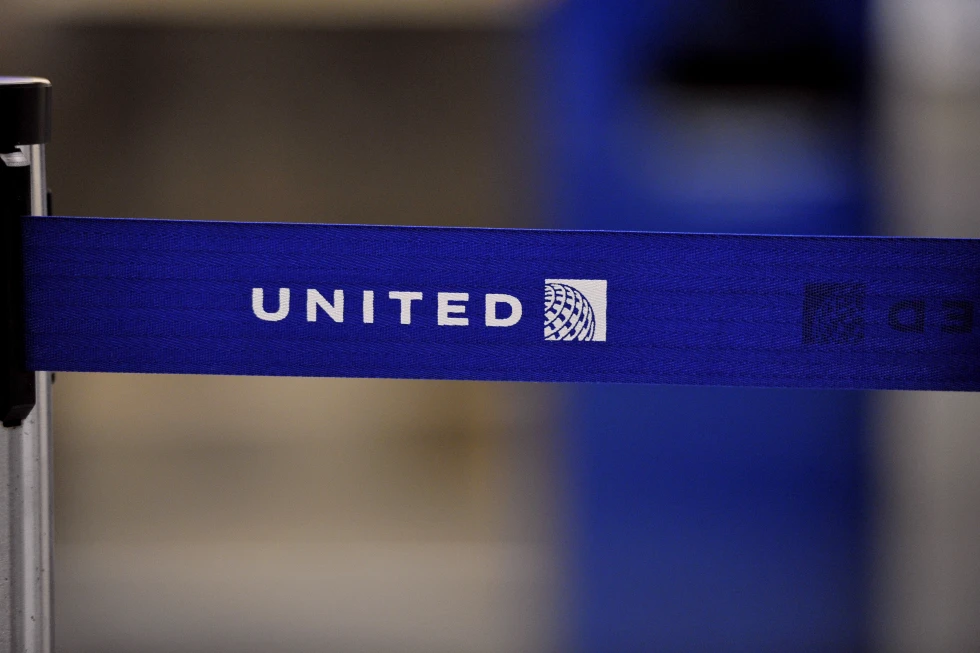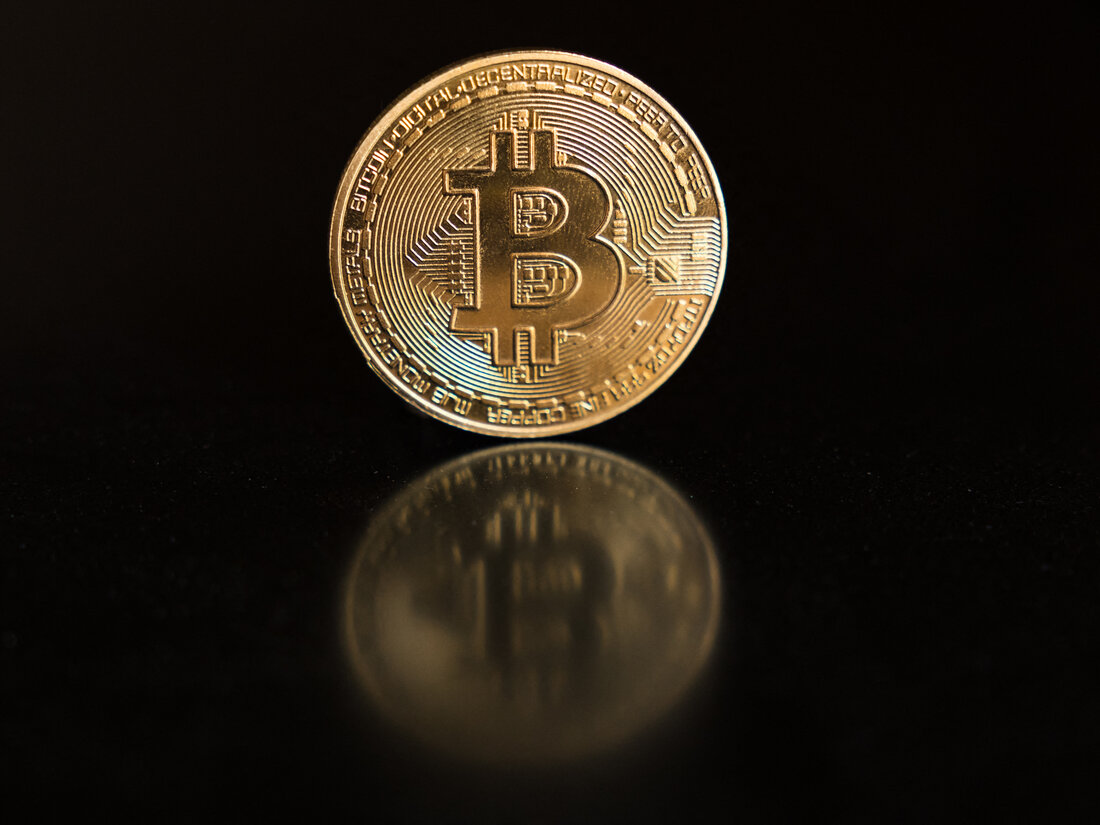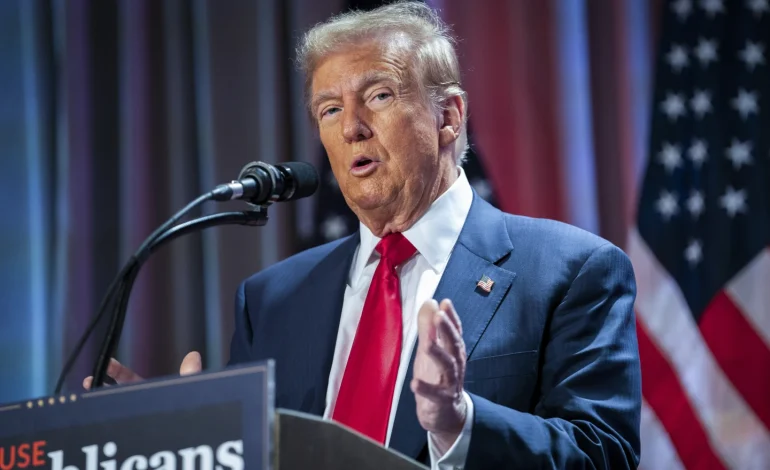The looming return of Donald Trump to the White House is raising concerns about a renewed clash with Federal Reserve Chair Jerome Powell, potentially jeopardizing the Fed’s independence and fueling inflation, The Associated Press reports.
Trump’s past criticisms of Powell and his proposed economic policies have economists worried about a repeat of the tumultuous relationship that marked his first term.
During his first presidency, Trump repeatedly attacked Powell for maintaining interest rates he deemed too high. This public pressure raised significant concerns about political interference in the central bank’s crucial role in managing the economy. On Wednesday, Powell himself reiterated the Fed’s commitment to independence, emphasizing its responsibility to act “for the benefit of all Americans, not for any particular political party.”
However, Trump’s proposed economic agenda – including significant tax cuts and steep tariffs – could directly conflict with the Fed’s mandate to control inflation. Economists warn that these policies, implemented in a near-full-capacity economy, could lead to a surge in inflation. This would force the Fed to raise interest rates, directly counteracting Trump’s promises of lower borrowing costs for American households.
While the Fed has recently begun cutting interest rates, the cuts may be more limited than previously anticipated, and their impact on consumer borrowing costs might be minimal. The Fed’s influence primarily affects short-term rates, while longer-term rates, like those affecting mortgages, are influenced by broader market forces and investor expectations. This was evident earlier this year when a Fed rate cut failed to lower longer-term rates, which instead rose due to expectations of faster economic growth.
Furthermore, Trump’s proposed tax cuts could increase the national deficit, potentially driving up Treasury yields and consequently, mortgage rates.
The potential for conflict is deeply concerning. While occasional criticism of the Fed is not inherently problematic, persistent attacks could undermine its independence, a cornerstone of effective inflation control. Countries with independent central banks generally experience lower inflation rates. Even without direct interference, Trump’s criticism could erode confidence in the Fed’s ability to manage inflation, potentially triggering a self-fulfilling prophecy of higher prices.
Although Trump could attempt to fire Powell, legal experts believe such an action would likely face protracted legal challenges and could be detrimental to financial markets. Powell’s term extends until 2026, giving the White House an opportunity to nominate a new chair at that time. However, any perceived attempt to appoint a politically aligned successor could also negatively impact market confidence.
Historical precedent underscores the risks. President Richard Nixon’s pressure on the Fed in the 1970s contributed to the high inflation of that era. The relative absence of such political interference since the mid-1980s has been cited as a triumph of American governance. However, recent examples from countries like Turkey, where government interference led to soaring inflation, serve as a stark warning.









